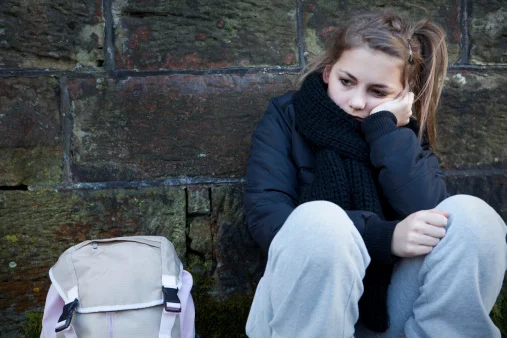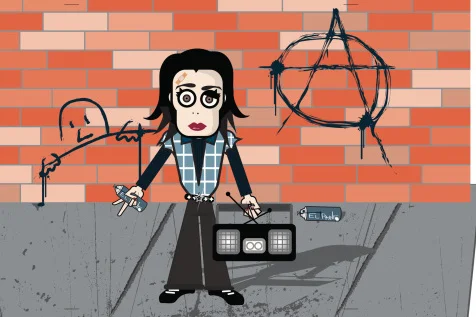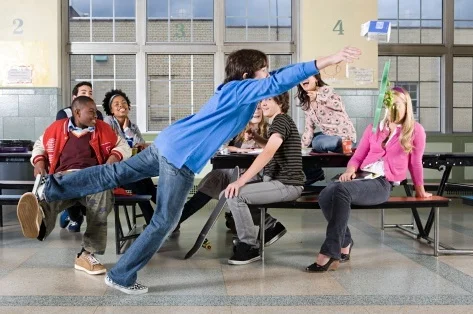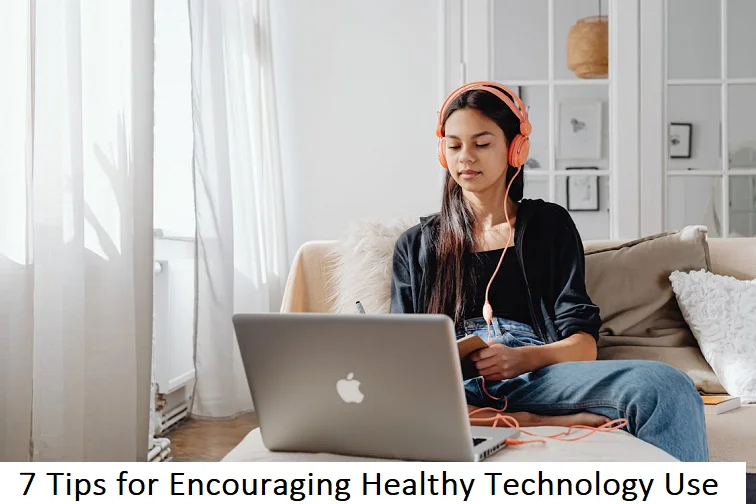+1 845 259 2974 (11 a.m to 7 p.m CST)
School Dropout Crisis: Parent-teacher alliance can make a difference

Research suggests that people who drop out from high school in their youth face several problems later on in life. Dropouts are more likely to be unemployed, have a poor health, live in poverty, be on public assistance or be single parents than their peers who hold a high school diploma. National leaders urge schools, committees and parents to collaborate in order to retain students but the dropout rates remain high.
Every year, over 300,000 teens drop out of high school that makes one student every 26 seconds.
Adolescent brains are still in the growing stages. They have to rely on certain influences while making decisions. Parents are one of the primary influences that affect a teen’s decision-making process. But although the role of parents changes in secondary school, their ongoing engagement -- from regular communication with school staff to familiarity with their child's schedule, courses, and progress toward graduation -- remains central to students' success. A concerned teacher or trusted adult can make a difference between a student’s staying in school and dropping out.
Preventing teens from dropping out
Parental involvement in their teen’s life declines as they grow older. 68% of teens say that their parents started getting involved in their academic life only after they had realized that their child was considering dropping out of high school. In Sacramento, California, high school teachers voluntarily visit parents in their homes after making an appointment with them to keep them involved with their teen’s progress at school. In an attempt to make the teacher-parent relationship stronger for high school dropout prevention throughout the nation, 11 states have replicated this strategy.
These voluntary visits of staffers are more frequently scheduled between summer and fall. Apart from visiting the parents of students senior year, parents of students in sophomore and junior years also have staffers over at their places. Students who are in the danger of dropping out from school due to falling grades or failure to meet the required credit hours are visited on almost regular basis by staff members.
Parents and teachers should see it coming
Project U-Turn, a collaboration of foundations, youth, educators and school committees in Philadelphia, was an attempt to understand the psychology behind dropping out from high school. According to a research conducted as a part of this project, warning signs that a student would eventually end up dropping out appear as early as the eighth grade. Key indicators among eight graders were a low final grade in English language courses and math and absence for 20% of the school day. 9th graders who spent more than 70% of the time absent from their classes and earn fewer than 2 credits in the whole year are the key indicators that a student is at the risk of dropping out from school.
Both parents and teachers need to recognize these signs and predictors in order to avoid teens from dropping out of high school.
Make learning relevant
47% of teens drop out of high school because their course work is too boring and their classes seem too uninteresting. Boredom is one of the major high school dropout reasons. Parents and teachers should sit together along with the teen about what interests them and which courses will be useful for them later in life before they even start contemplating such a destructive decision.
Think small
For a lot of students, large schools are a place to get lost in. that’s why school administration all over the country are modeling smaller institutions or reorganizing big ones to reduce the dropout rates. In small organizations, teachers are able to pay closer attention to students who are facing academic challenges.
Rethink schedules
Some students are just not cut out for the bell schedule. Others can’t attend school during the schedule because of other responsibilities. A public charter school in Houston arranges classes for students in the evening and on the weekends. They can be quite useful in this situation.





















